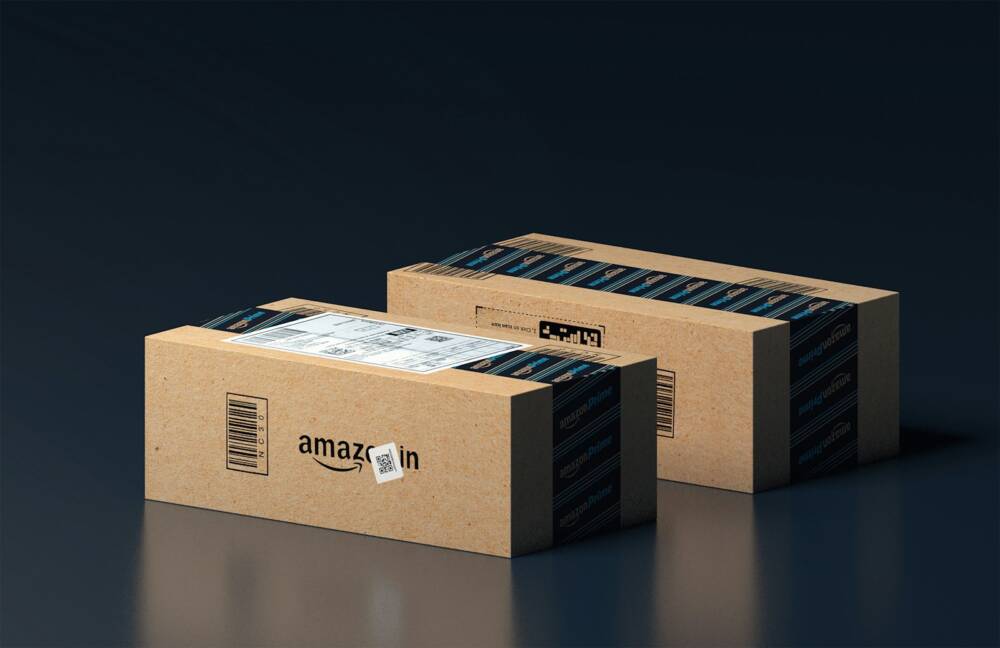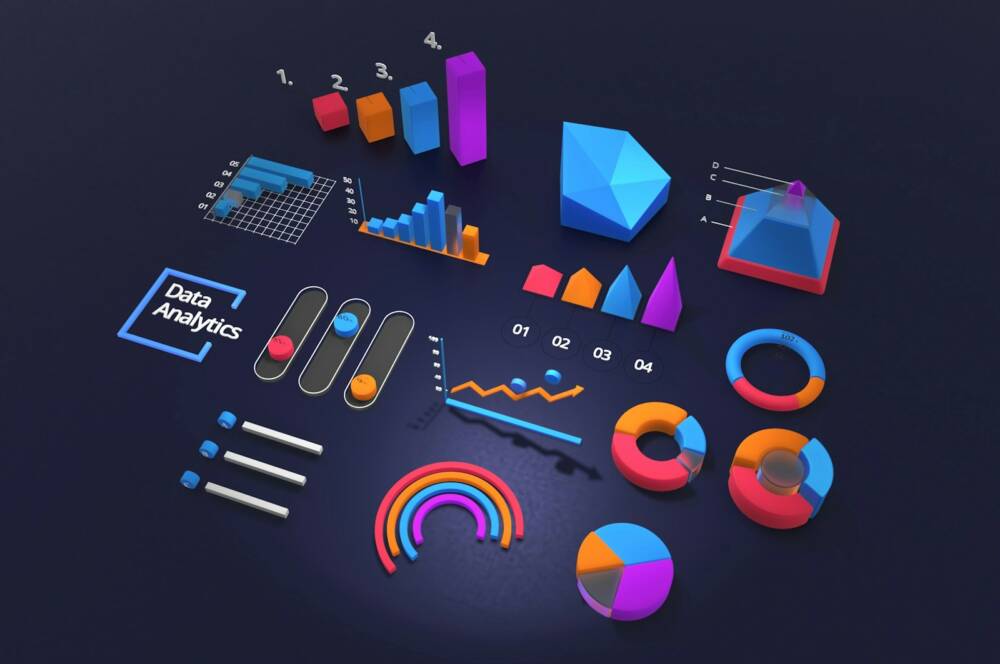The courier industry, a critical backbone of global commerce, is undergoing significant changes driven by technological advancements, environmental concerns, and evolving consumer expectations. As we look towards the future, several trends and predictions can help us understand how courier services will continue to evolve.
Advanced Tracking and Transparency
Modern consumers demand transparency and real-time updates on their deliveries. Advanced tracking systems are becoming a staple in the courier industry. Check out the best courier software in Australia to leverage tracking and more advanced features.
Technological Advancements:
- Real-Time GPS Tracking: Customers can track their packages in real-time, providing peace of mind and reducing customer service inquiries.
- Blockchain Technology: Ensures transparency and security in the supply chain, making it easier to verify the origin and movement of packages.
- Predictive Analytics: Using data to predict delivery times and potential delays, improving overall customer satisfaction.
The Rise of Automation and Robotics
Automation and robotics are set to revolutionize the courier industry. From sorting parcels to delivering packages, these technologies are enhancing efficiency and accuracy.
Key Developments:
- Automated Sorting Systems: Sorting parcels is a labor-intensive process. Automated systems can sort thousands of parcels per hour with minimal human intervention, reducing errors and speeding up delivery times.
- Delivery Drones: Companies like Amazon and UPS are already testing drone deliveries. Drones can deliver packages faster and reach remote areas, reducing the reliance on traditional delivery vehicles.
- Robotic Process Automation (RPA): RPA can handle repetitive tasks such as data entry, order processing, and customer service inquiries, freeing up human employees for more complex tasks.
Green Logistics
Environmental sustainability is becoming a priority in the courier industry. Companies are adopting green logistics to reduce their carbon footprint and meet regulatory requirements.
Key Strategies:
- Electric Vehicles (EVs): Many courier companies are transitioning to electric delivery vans and trucks to cut down on emissions.
- Eco-Friendly Packaging: Using recyclable and biodegradable materials for packaging is becoming standard practice.
- Optimized Routing: Advanced algorithms are being used to plan the most efficient delivery routes, reducing fuel consumption and emissions.
The Impact of E-commerce
The explosive growth of e-commerce continues to shape the courier industry. Consumers expect faster and more reliable delivery services, driving innovation and competition.
Major Influences:
- Same-Day Delivery: Retail giants and startups alike are offering same-day delivery options to attract customers. This requires a robust and flexible logistics network.
- Subscription Services: Monthly subscription boxes for everything from food to fashion are increasing, necessitating regular and reliable delivery services.
- Cross-Border E-commerce: International shipping solutions are improving, making it easier for businesses to reach global markets.
Personalized Customer Experience
Personalization is becoming crucial in differentiating courier services in a competitive market. Companies are leveraging data to offer a more tailored experience.
Personalized Services:
- Flexible Delivery Options: Allowing customers to choose specific delivery windows or locations (such as lockers) to fit their schedules.
- Customized Notifications: Sending updates via preferred communication channels (SMS, email, app notifications) based on customer preferences.
- Loyalty Programs: Rewarding frequent users with discounts, faster shipping options, or other perks to encourage repeat business.
The Role of Artificial Intelligence
AI is transforming various aspects of the courier industry, from operational efficiency to customer service.
Applications of AI:
- Demand Forecasting: AI algorithms predict future demand, helping companies to manage resources and avoid over or under-stocking.
- Chatbots: Provide instant customer support, handling inquiries and resolving issues without human intervention.
- Fraud Detection: AI systems can identify and prevent fraudulent activities, protecting both the company and its customers.
The Gig Economy and Crowdsourced Delivery
The gig economy is influencing courier services, with more companies using freelance or part-time drivers for deliveries.
Benefits and Challenges:
- Flexibility: Allows companies to scale their workforce up or down based on demand, providing cost efficiencies.
- Rapid Expansion: Facilitates quick expansion into new areas without significant upfront investment.
- Regulation and Quality Control: Ensuring consistent service quality and compliance with labor laws remains a challenge.
Smart Warehousing and Distribution Centers
Advances in warehouse technology are streamlining the storage and distribution process, making it faster and more efficient.
Innovations:
- Automated Warehouses: Utilize robots to pick and pack items, reducing human error and increasing speed.
- IoT Devices: Track inventory levels in real-time, providing accurate stock data and minimizing out-of-stock situations.
- Temperature-Controlled Warehousing: Essential for perishable goods, ensuring items are stored and delivered in optimal conditions.
Conclusion: A Future on the Move
The future of courier services is poised for dynamic change, driven by technology, environmental consciousness, and evolving consumer demands. Embracing automation, green logistics, and personalized customer experiences will be crucial for companies looking to stay competitive.
As these trends continue to develop, the courier industry will not only become more efficient and sustainable but also more adaptable to the ever-changing landscape of global commerce. Whether through drones in the sky, robots in warehouses, or electric vehicles on the road, the future is moving quickly, and the courier industry is keeping pace.
MKTPlace is a leading digital and social media platform for traders and investors. MKTPlace offers premiere resources for trading and investing education, digital resources for personal finance, news about IoT, AI, Blockchain, Business, market analysis and education resources and guides.













